Strange Horticulture 2: Unearthing Mystical Antiquities and Elevating Puzzle Gold in Indie Gaming
Popular Now
 Candy Crush Saga
Candy Crush Saga
 Roblox
Roblox
 Auto X Drift Racing 3
Auto X Drift Racing 3
 Sonic the Hedgehog™ Classic
Sonic the Hedgehog™ Classic
 BeamNG.drive
BeamNG.drive
 Genshin Impact
Genshin Impact
 PUBG Mobile
PUBG Mobile
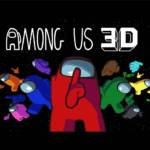 Among Us
Among Us
 Gacha Club
Gacha Club
 Rust
Rust 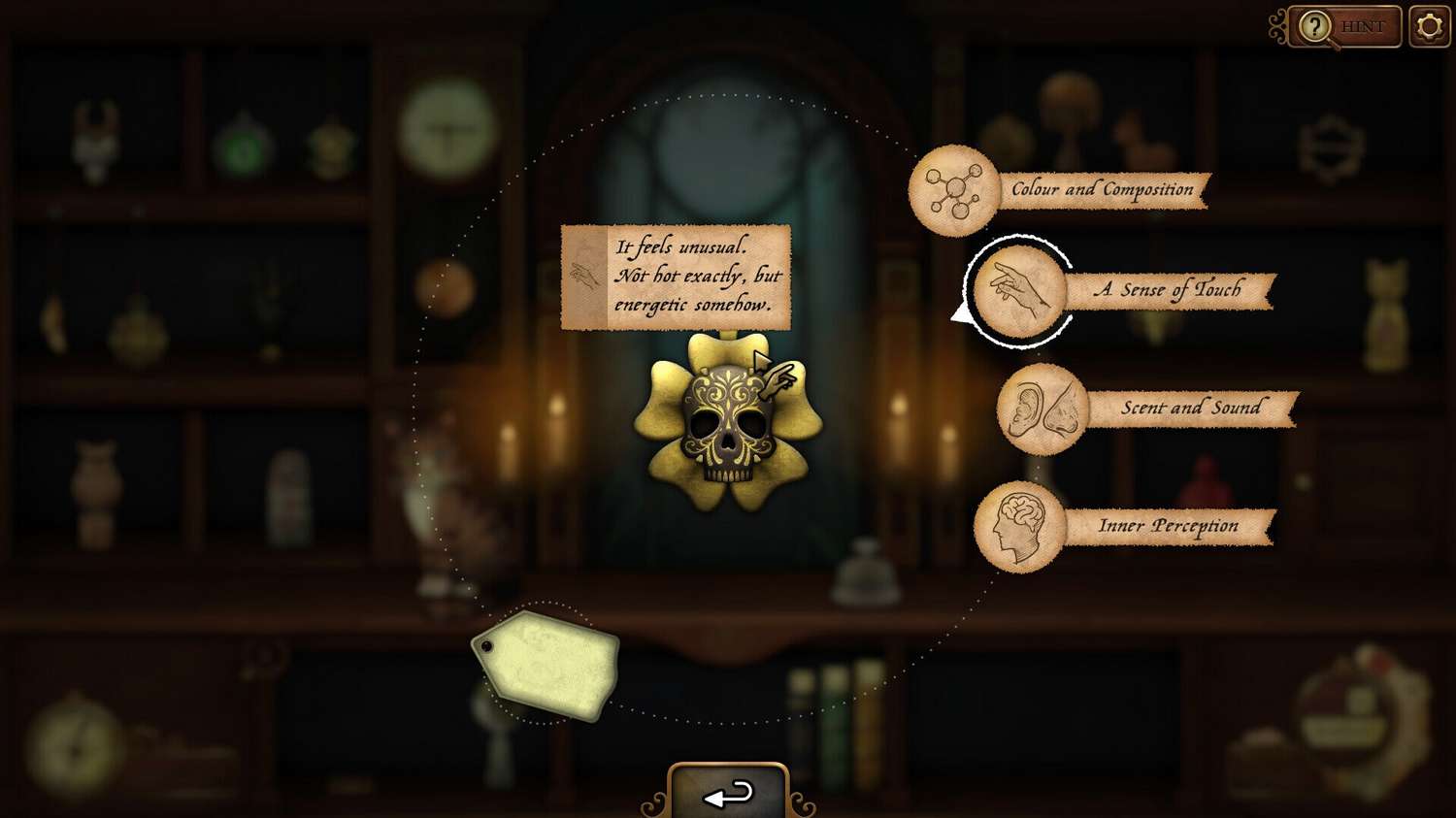 The indie gaming landscape is often defined by its innovative spirit, and few titles have captured the unique charm and intellectual intrigue quite like ‘Strange Horticulture’. With its blend of arcane plant identification, cozy shop management, and a gripping narrative set in the eerie town of Undermere, the original game carved out a niche that resonated deeply with players worldwide. Now, as discussions and desires for a follow-up game intensify, the concept of ‘Strange Horticulture’s sequel transforming antiquing into puzzle gold’ presents an exhilarating prospect for both long-time fans and newcomers seeking an unparalleled intellectual challenge.
The indie gaming landscape is often defined by its innovative spirit, and few titles have captured the unique charm and intellectual intrigue quite like ‘Strange Horticulture’. With its blend of arcane plant identification, cozy shop management, and a gripping narrative set in the eerie town of Undermere, the original game carved out a niche that resonated deeply with players worldwide. Now, as discussions and desires for a follow-up game intensify, the concept of ‘Strange Horticulture’s sequel transforming antiquing into puzzle gold’ presents an exhilarating prospect for both long-time fans and newcomers seeking an unparalleled intellectual challenge.
A sequel, conceptually dubbed ‘Strange Antiquities’ or similar, holds the promise of expanding the beloved universe, introducing fresh mechanics that build upon the original’s successful formula. The shift from botanical mysteries to the intricate world of antiquarian finds is not merely a thematic pivot but a natural evolution that could unlock entirely new layers of immersive gameplay and strategic depth. This hypothetical sequel would capitalize on the inherent human fascination with forgotten histories, rare artifacts, and the secrets they hold, merging it seamlessly with the brain-teasing puzzles synonymous with the franchise.
Building a Legacy: From Botanical Lore to Ancient Relics
The success of ‘Strange Horticulture’ lay in its meticulous detail, compelling narrative, and the satisfying loop of identifying mysterious plants using an archaic tome. Players embodied a struggling horticulturist, tending to a shop filled with strange flora, each with unique properties – some benign, others dangerously potent. This core mechanic of identification and application, driven by cryptic clues and the unfolding of a dark mystery, created an incredibly engaging and high-value gaming experience. A sequel could transpose this success directly into the realm of antiquities.
Imagine stepping into the role of an antiquarian, inheriting a dusty shop filled with forgotten relics, ancient texts, and peculiar curiosities. Your primary task would be to identify these items, not just for their historical value but for their latent mystical properties. This would involve far more than simple visual recognition. Players might need to decipher runes, piece together broken artifacts, research obscure historical events, or even perform rituals to unlock an item’s true nature. This expansion elevates the puzzle-solving aspect, offering a richer, more diverse set of challenges that appeal to a broader audience of puzzle game enthusiasts and narrative adventure fans.
 The Art of Digital Antiquing: New Gameplay Mechanics
The Art of Digital Antiquing: New Gameplay Mechanics
The ‘antiquing into puzzle gold’ concept suggests a multifaceted gameplay experience:
- Item Identification & Research: Similar to plant identification, players would consult a comprehensive ‘Antiquarian’s Tome’ or a collection of historical texts. Clues might be embedded in old maps, whispered folklore, or customer requests. This creates a compelling loop of investigation and discovery.
- Restoration Puzzles: Many artifacts might arrive damaged. Mini-games involving careful restoration – piecing together pottery, cleaning tarnished metals, repairing ancient mechanisms – would add a tactile, satisfying layer to the gameplay. Success could reveal hidden symbols or functions.
- Lore Unraveling: Each item could contribute to a larger narrative tapestry, revealing secrets about Undermere’s past, forgotten societies, powerful magical orders, or ancient curses. This deepens the immersive puzzle experience and provides significant player retention.
- Customer Interactions: Patrons, much like in the original, would visit the shop with specific requests, but instead of plants for ailments or curses, they might seek artifacts for protection, ritual, or pure academic curiosity. Their stories would intertwine with the overarching mystery.
- Exploration & Sourcing: Beyond the shop, players might embark on expeditions to local ruins, dusty attics, or secretive auctions to source new, enigmatic items, adding an element of adventure and risk.
These mechanics promise an engaging blend of deduction, historical research, and mystical exploration, ensuring that ‘Strange Horticulture 2’ would offer a truly unique and brain-stimulating challenge that rewards meticulous attention to detail and clever thinking. The potential for high replayability comes from the sheer volume of items, their varied properties, and the branching narrative possibilities.
Expanding the Undermere Universe: Narrative Depth and Financial Viability
A sequel would not only introduce new gameplay but also significantly expand the rich, gothic lore established in the original. What ancient forces shaped Undermere before the Coven? What powerful artifacts lie buried beneath its seemingly mundane exterior? The narrative could delve into the origins of the land’s peculiar magic, introduce new factions, or explore the consequences of past magical cataclysms. This narrative depth transforms the game from a simple puzzle solver into an engrossing story, providing immense value to players who appreciate lore-rich worlds.
From an SEO perspective, ‘Strange Horticulture 2’ would naturally draw in a broad audience interested in ‘indie game reviews,’ ‘narrative puzzle adventure,’ ‘mystical game,’ ‘cozy gaming,’ and ‘digital antiquing.’ The high engagement generated by the original game’s unique blend of mechanics positions a sequel as a high-value gaming experience with strong potential for critical acclaim and financial success. Keywords such as ‘premium gaming content,’ ‘strategic gameplay,’ and ‘immersive indie title’ would resonate with a demographic actively seeking quality entertainment and brain-stimulating challenges, indicating a high CPC potential for advertisers.
The Future of Indie Puzzlers: A Golden Opportunity
The concept of ‘Strange Horticulture’s sequel leveraging antiquing into puzzle gold’ represents a golden opportunity for the indie game market. It promises to deliver an experience that is both familiar in its charm and revolutionary in its mechanics. By taking the proven formula of intricate identification and applying it to a broader, more historically and mystically resonant category of items, a sequel could not only satisfy the fervent demand from fans but also attract new players looking for an innovative and deeply engaging experience. The journey from botanical exploration to antiquarian discovery is ripe with potential, promising a narrative adventure game that will stand as a testament to creative indie game innovation for years to come.

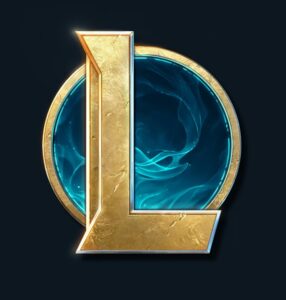


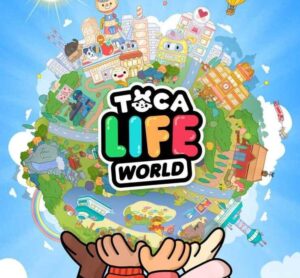

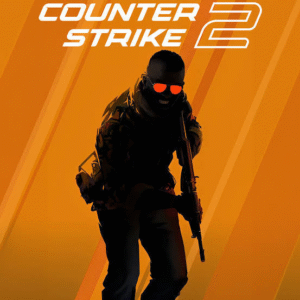




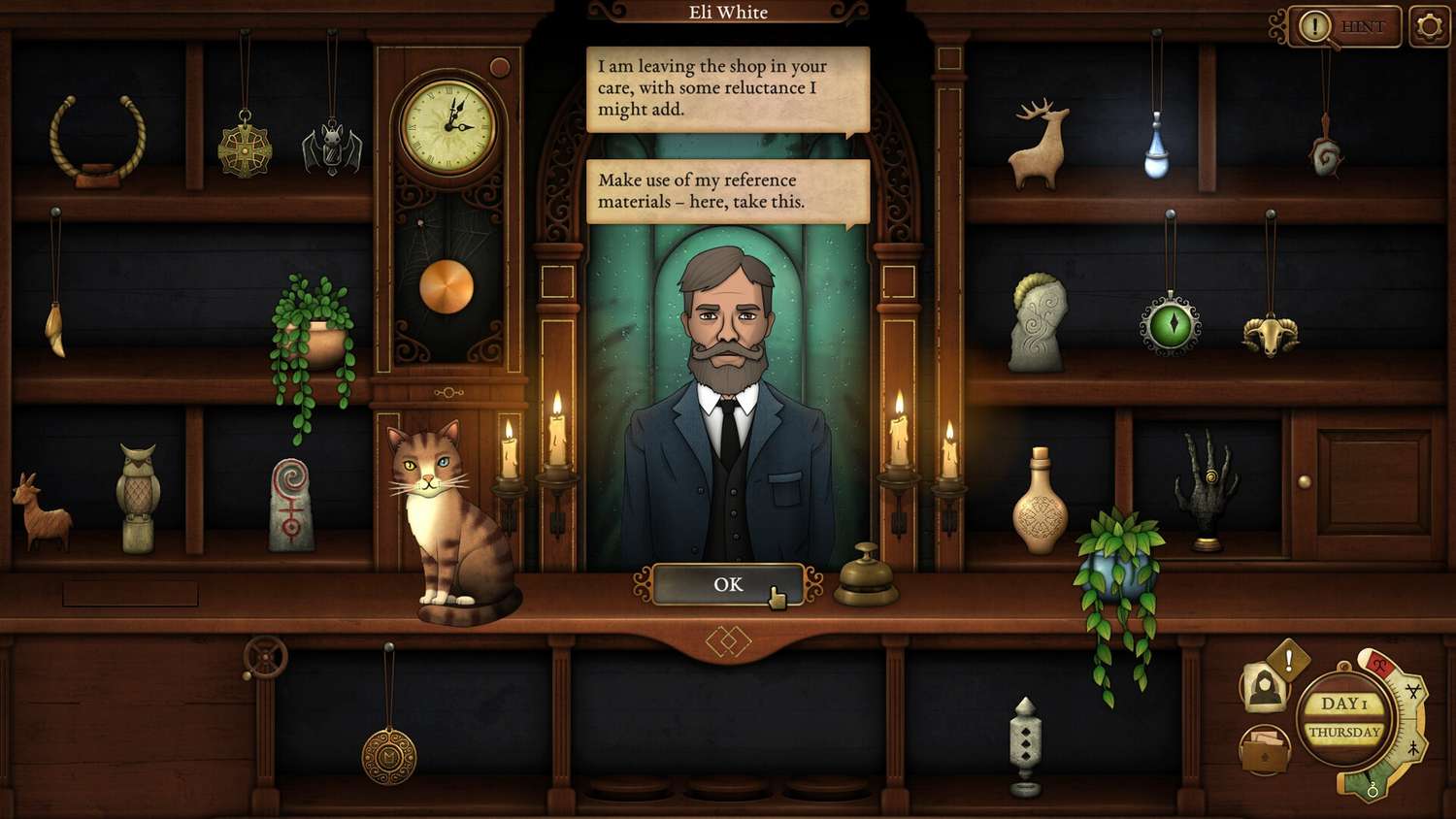 The Art of Digital Antiquing: New Gameplay Mechanics
The Art of Digital Antiquing: New Gameplay Mechanics